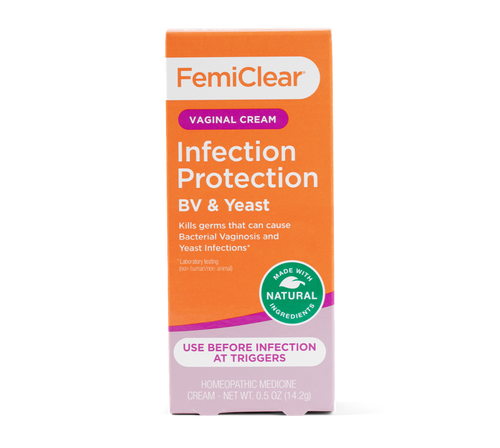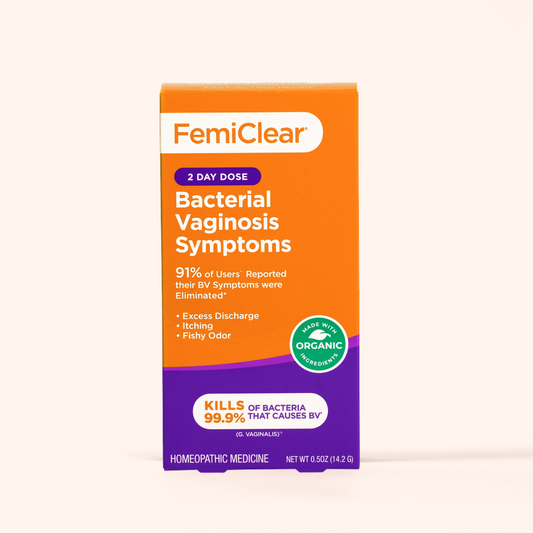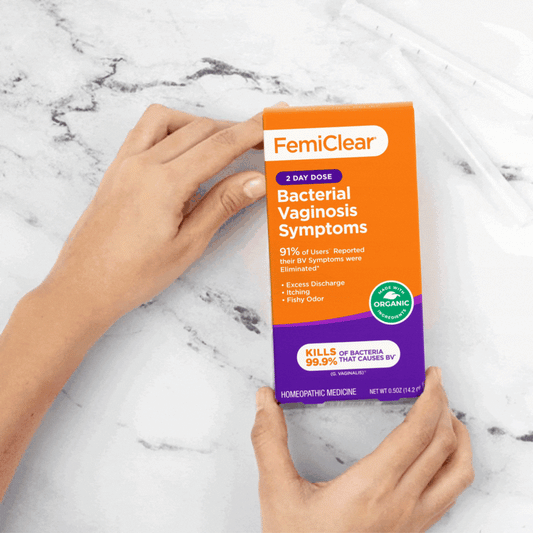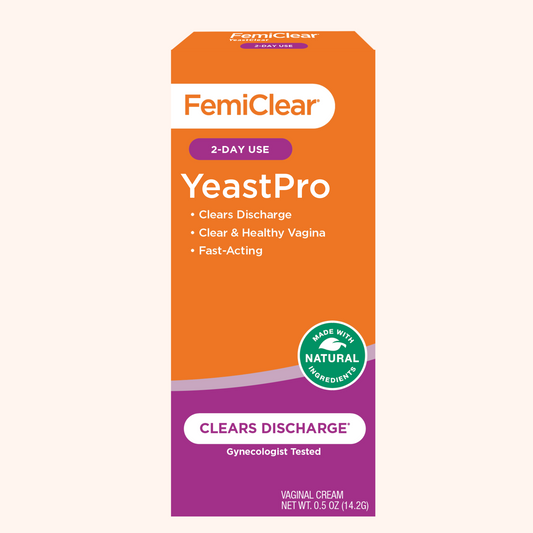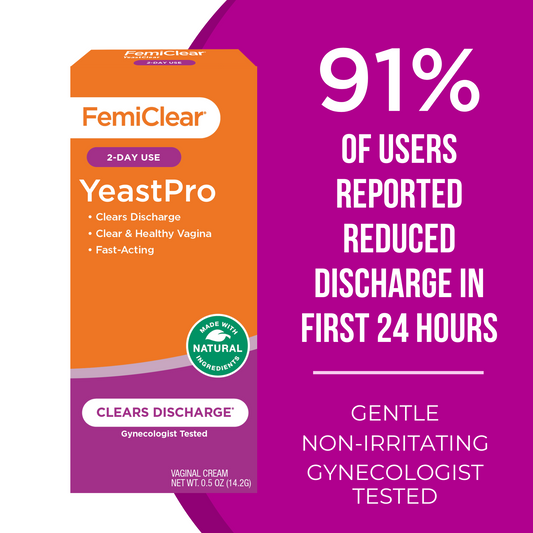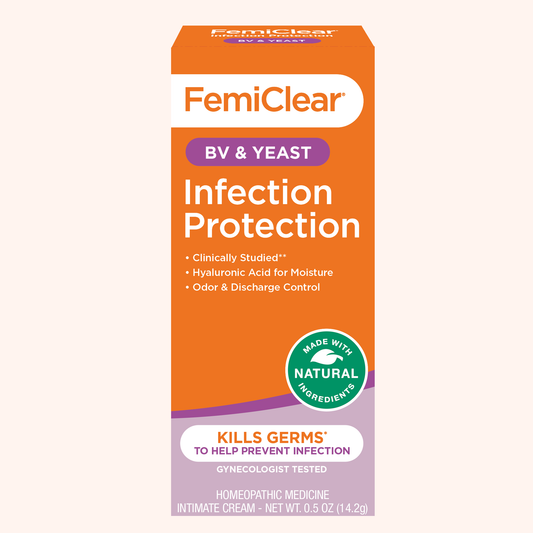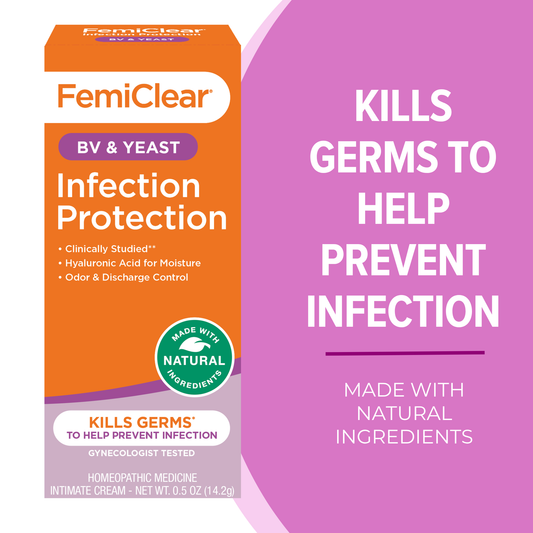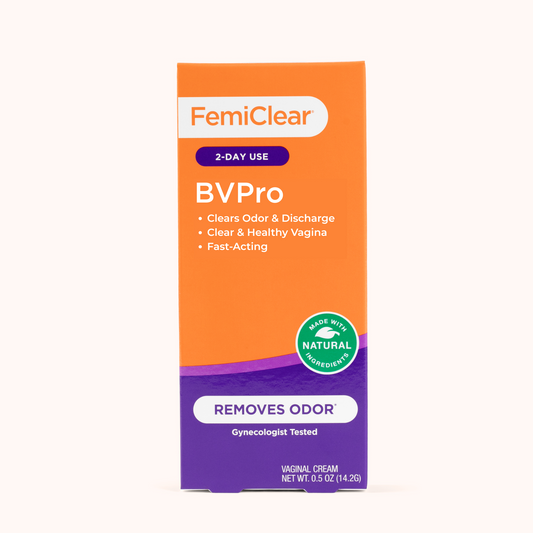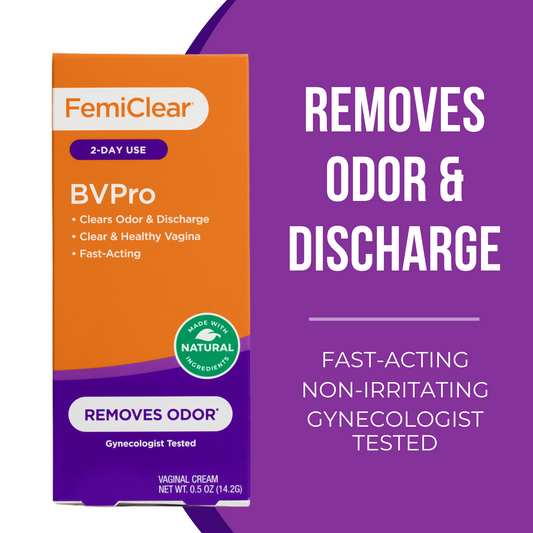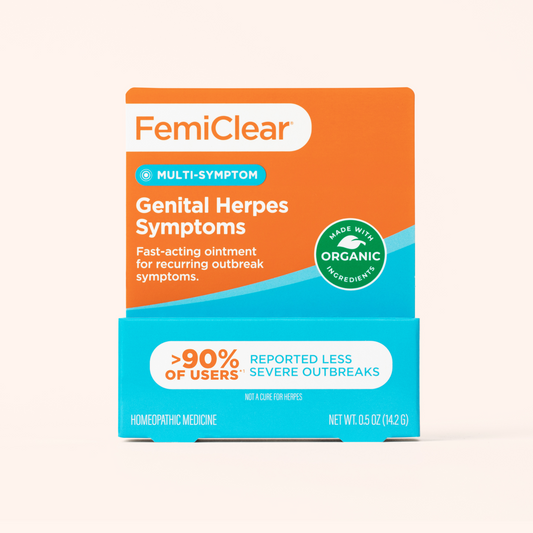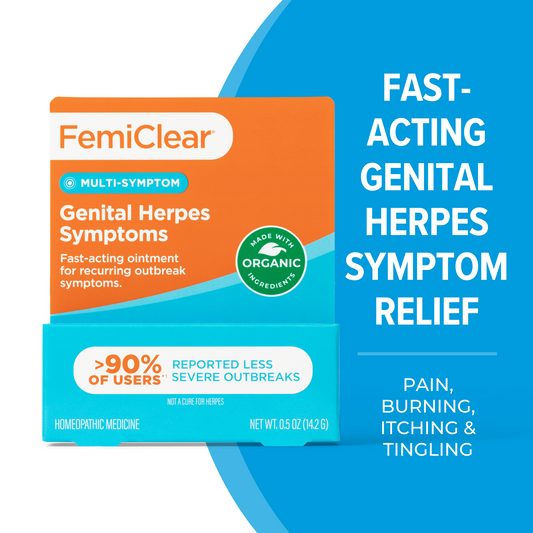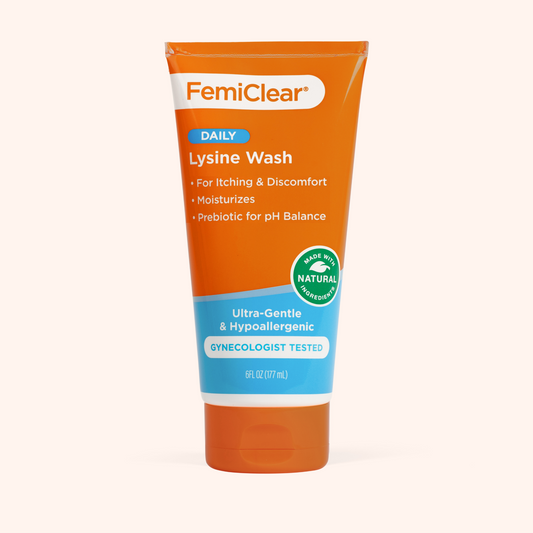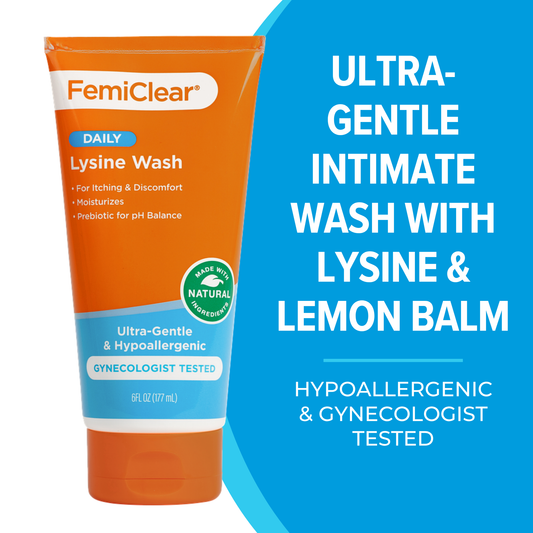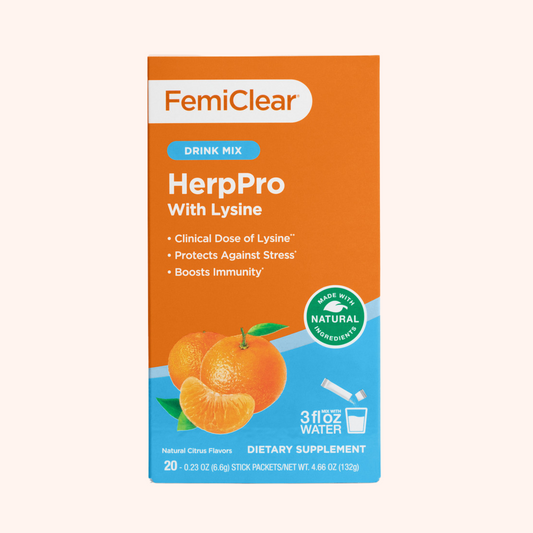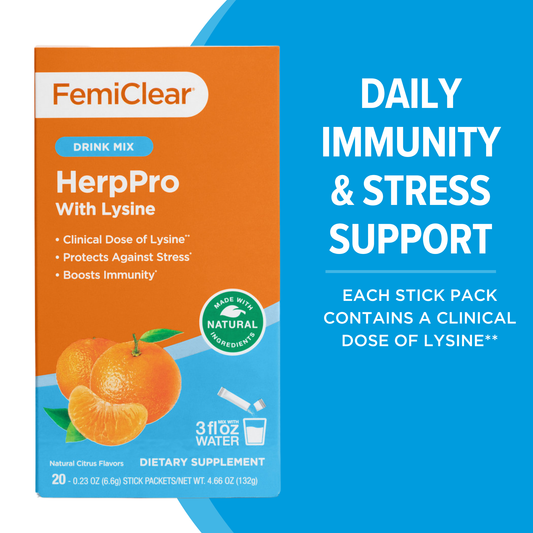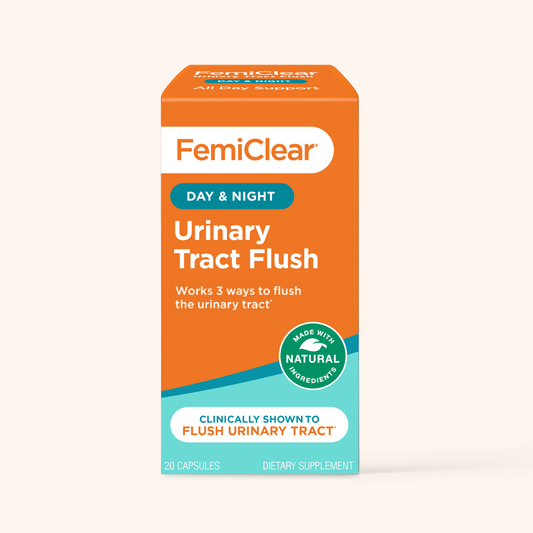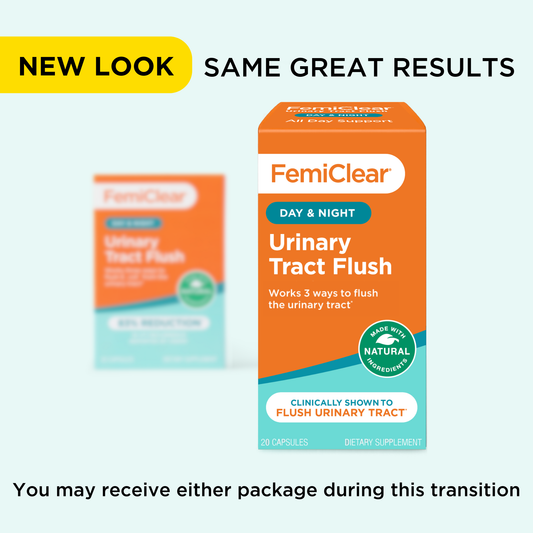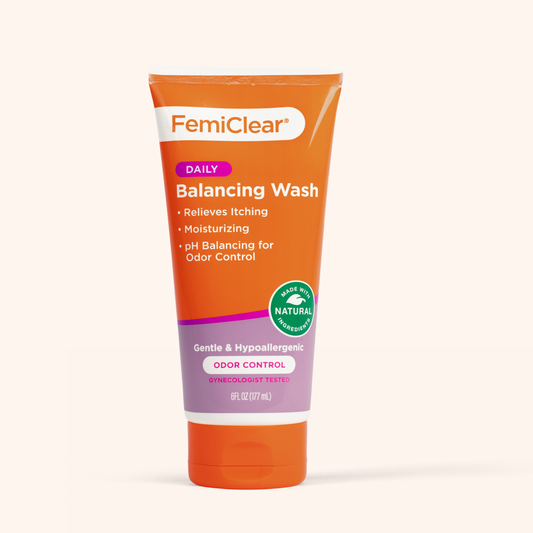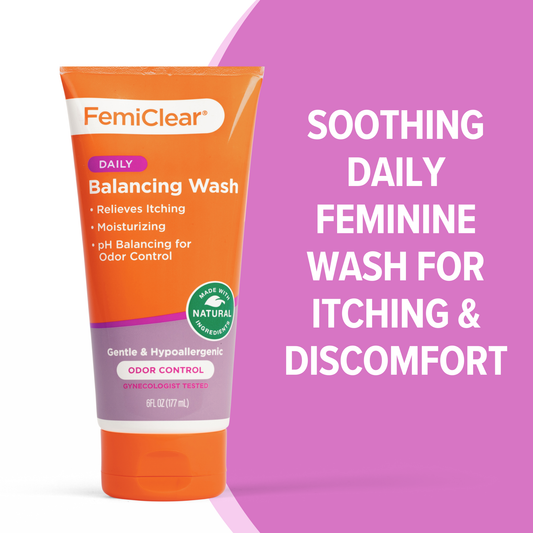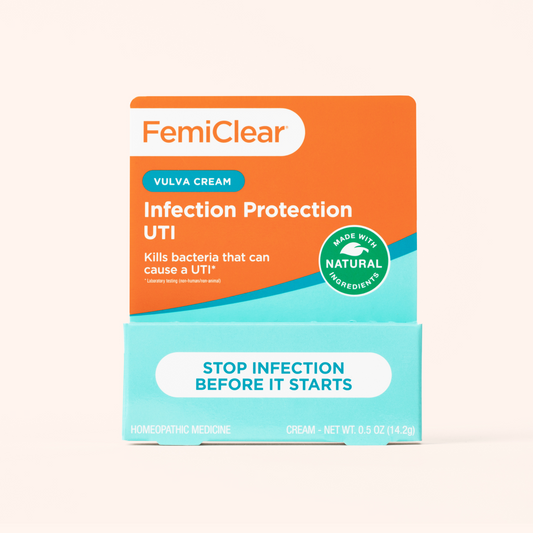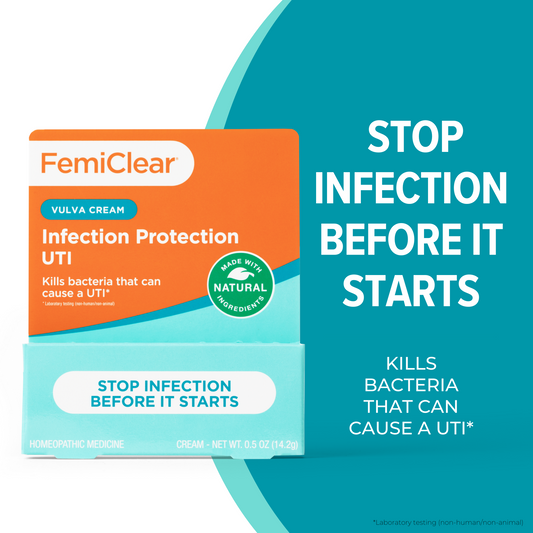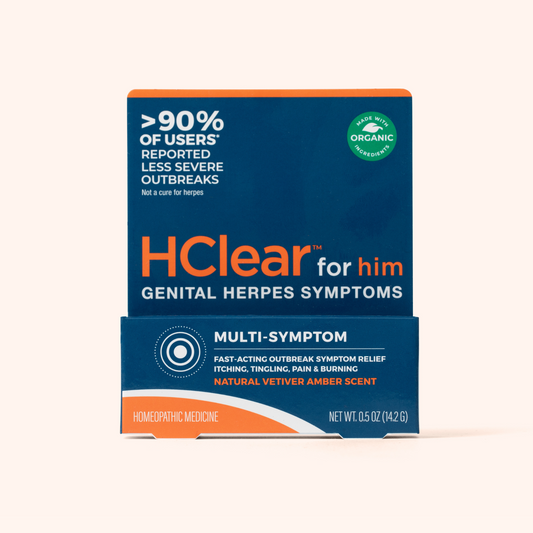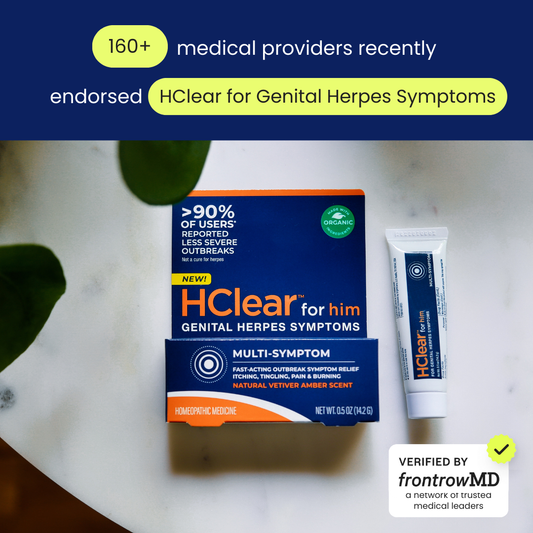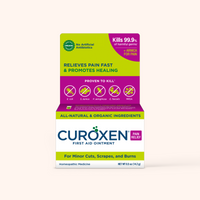Table of Contents
How to Manage Vaginal Irritation at Home: Effective Remedies and Prevention Tips
Oct 17, 2025
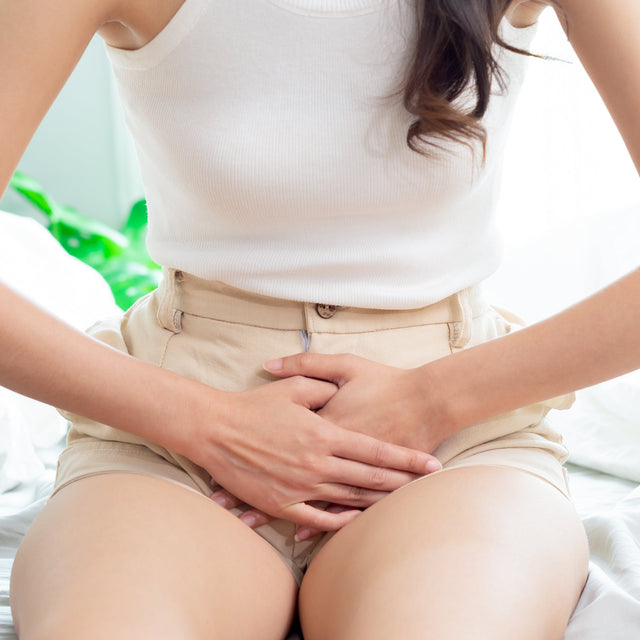
Feeling an itch “down there”? You’re not alone; vaginal itching is a common occurrence. It can arise from simple irritants like vaginal dryness or sensitivity to certain chemical products like scented soaps and lotions. However, it can also be a symptom of conditions like bacterial vaginosis, yeast infections, or sexually transmitted infections (STIs). Due to this, it is important to get to the source of your vaginal irritation so that you can address it appropriately. This article provides information on the diverse causes of vaginal itching and the appropriate treatments, including what to do for vaginal irritation at home.
Types of Vaginal Irritation
Itching and irritation of the vagina and vulva are common. Most women will experience it at least once in their lifetime. The delicate nature of the vaginal skin makes it more vulnerable to irritation, whether from chemical irritants or medical conditions. Vaginal irritation can present in several ways, affecting different areas of the vagina and vulva. Common types include:
-
Itchy vaginal lips (labia): Often caused by friction, irritants, or infections, leading to discomfort and sensitivity.
-
Itchy cervix: Typically a result of inflammation (cervicitis) or infections such as STIs.
-
Vaginal burning: May occur due to douching, tampons, or infections like bacterial vaginosis or yeast infections.
-
Vulva redness and burning: Caused by conditions like dermatitis, infections, or chronic pain disorders such as vulvodynia.
-
Vaginal itching with white discharge: Often associated with yeast infections or bacterial vaginosis, indicating an imbalance in vaginal health.
Overall, vaginal irritation manifests in various ways. Vaginal irritation without discharge often suggests causes such as vaginal dryness or chemical irritants. Irritation with abnormal discharge can potentially indicate an underlying medical condition like a yeast infection or bacterial vaginosis. Understanding these specific types of irritation is essential for getting an accurate diagnosis and treatment, ensuring effective relief of your symptoms and protecting your vaginal health.
Causes of Vaginal Irritation
Vaginal irritation can result from a variety of factors, ranging from infections to lifestyle choices. Common causes include:
-
Bacterial vaginosis (BV): An overgrowth of harmful bacteria in the vagina leading to itching, burning, and unusual discharge.
-
Yeast infections: Caused by an overgrowth of Candida, leading to itching, redness, and a thick white discharge.
-
Sexually transmitted infections (STIs): Infections like chlamydia, gonorrhea, and trichomoniasis can cause irritation, burning, and discomfort.
-
Menopause: Hormonal changes during menopause can lead to vaginal dryness and thinning, causing irritation and discomfort.
-
Chemical irritants: Harsh soaps, scented products, and detergents can disrupt the vaginal pH, leading to irritation.
Vaginal irritation can be caused by other conditions like lichen sclerosus, a chronic skin condition that causes wrinkled, thickened, and white patches of skin, often around the genitals. If vaginal or vulva itchiness is more noticeable at night, it may be due to lichen sclerosus, other conditions like a yeast infection and eczema, a skin irritation, or allergic reaction. Night itchiness could be worsened by wearing tight clothing or scented products to bed.
Vaginal irritation that occurs after your period could be due to hormonal fluctuations, which can change your vaginal pH levels. These fluctuations can create an environment that increases the risk of skin sensitivity and infection.
Medications for Vaginal Irritation
The treatment of your vaginal irritation will depend on its cause. For cases like an allergic reaction or sensitivity to chemical products, irritation should go away on its own after you stop using the product. Vaginal irritation from your menstrual cycle may also resolve on its own.
However, if your vaginal irritation is caused by a medical condition, you may need either over-the-counter (OTC) or prescription medication to treat it. While it is common to feel embarrassed to go see a gynecologist, especially for something like vaginal itching, it is important to receive an accurate diagnosis and next steps for treatment.
Treatment Options
How to treat vaginal irritation will depend on the underlying cause, but options range from over-the-counter remedies to prescription medications. Determining the source of your discomfort is essential for selecting the most effective treatment. Below are options for the most likely causes of vaginal irritation.
-
Antifungal medications (topical and oral): Used to treat yeast infections effectively. Topical creams or oral pills help reduce fungal overgrowth.
-
Antibiotics for bacterial infections and STIs: Prescribed for bacterial vaginosis or sexually transmitted infections like chlamydia and gonorrhea.
-
Hormonal creams or tablets for menopausal symptoms: These restore estrogen levels to address vaginal dryness and thinning caused by menopause.
-
Prescription-strength steroids for lichen sclerosus: Used to manage inflammation and prevent scarring in chronic conditions.
Creams for vaginal irritation are available online that can provide temporary relief from symptoms like itching and burning. They contain ingredients that soothe inflamed skin and provide comfort while you address the underlying cause of your irritation. However, these creams are intended to manage symptoms, not treat the root issue. It is crucial to see a healthcare professional to determine the cause of your irritation and receive the correct treatment. In the meantime, using vaginal creams with your prescribed treatment can provide a more comfortable healing process.
Home Remedies for Vaginal Irritation
There are ways you can relieve uncomfortable symptoms while addressing your vaginal irritation. What home remedies you use will depend on the source of the irritation. Taking a baking soda bath, wearing loose clothing, and using only unscented soaps are some of the ways you can alleviate discomfort at home.
In addition, Femiclear offers vaginal health products designed to relieve vaginal irritation from a range of conditions, from bacterial vaginosis to vaginal dryness. If you have a yeast infection, there are yeast infection remedies that can not only relieve symptoms but help prevent future ones.
Natural Remedies and Practices
Trying natural remedies and implementing simple practices can offer relief from vaginal irritation and promote healing.
-
Baking soda sitz baths: A bath soak with baking soda can relieve itching and inflammation by balancing pH levels.
-
Cold compresses for itching: Cold compresses can reduce swelling and provide immediate relief.
-
Unscented soaps and avoiding harsh products: Avoiding scented products can protect sensitive skin from further irritation.
-
Loose cotton clothing and avoiding tight fabrics: Loose clothing can allow airflow to prevent moisture buildup.
-
Eating probiotic-rich foods: Foods high in probiotics, like yogurt and kimchi, can help restore healthy bacteria levels in the vagina and alleviate vaginal irritation.
When to Seek Medical Attention
Vaginal irritation occurs from time to time and does not always require medical attention. This is especially true when irritation is caused by chemical irritants or skin sensitivity. Instances where you should seek medical attention for your vaginal irritation include:
-
Persistent irritation or worsening symptoms: Persistent or worsening symptoms could indicate an infection or underlying condition requiring medical care.
-
Unusual discharge or fever: Abnormal discharge may signal bacterial infections or other serious health concerns.
-
Painful urination or intercourse: Pain during sex or while peeing is often linked to infections or hormonal changes needing treatment.
You should also consult a healthcare professional if you can not determine the source of your vaginal itching. It is important to rule out more serious conditions and receive treatment to relieve your symptoms.
Prevention Tips for Vaginal Irritation
An irritated vaginal area can be a frustrating and uncomfortable experience, but it is often preventable. By incorporating daily practices that promote a healthy vaginal environment, you can reduce your risk of vaginal irritation. Below, we outline key prevention tips that can be easily implemented into your routine, including wearing breathable fabrics, wiping front to back, taking probiotics, and avoiding scented products.
Daily Practices for Prevention
Try incorporating these daily practices to prevent your risk of vaginal irritation.
-
Proper hygiene: Practicing proper hygiene, like wiping front to back and touching the genitals with clean hands, prevents the spread of bacteria to the vaginal area.
-
Avoiding over-washing and scented products: Avoiding scented products and over-washing maintains the natural pH balance of the vagina. Opt for a gentle, pH balancing wash like FemiClear's Daily Feminine Wash.
-
Wearing breathable fabrics: Cotton underwear reduces moisture buildup, lowering the risk of irritation.
-
Probiotic support and healthy diet: Eating a diet rich in probiotics supports a balanced microbiome and reduces infection risk.
FAQs About Vaginal Irritation
If you’re dealing with vaginal irritation, you’re not alone. It can be a frustratingly vague symptom, making it difficult to know what is going on. We’re here to help! We tackle some of the most frequently asked questions about vaginal irritation to help you understand your symptoms and what steps you can take.
-
What is commonly mistaken for yeast infection?
Yeast infections (vaginal candidiasis) are fungal infections affecting the vagina and vulva. Potential symptoms include vaginal rash, redness and swelling, itchiness and irritation, a burning sensation while peeing, and odorless discharge that resembles cottage cheese. Due to similar symptoms, bacterial vaginosis and STIs like chlamydia, gonorrhea, herpes, or trichomoniasis can be mistaken for a yeast infection.
-
What does bacterial vaginosis look like?
BV (bacterial vaginosis) is a vaginal infection caused by an overgrowth of bad bacteria. While many women don’t experience symptoms, those who do may experience:
-
Fishy or musty-smelling discharge
-
Vaginal itching and irritation
-
A burning sensation while peeing
-
Discharge that is off-white, greenish, or gray
Discharge that is fishy or musty-smelling is the strongest indicator of bacterial vaginosis. However, its other symptoms still mimic other conditions, so it is important to get a diagnosis from your doctor.
-
Will vaginitis go away on its own?
Vaginitis (inflammation of the vagina) may go away on its own, especially if it is due to an allergic reaction. However, other cases of vaginitis may require prescription treatment depending on the source of inflammation. Specifically, STIs and bacterial vaginosis often need antibiotic treatment. It is important to see a doctor for any vaginitis symptoms to determine the cause and receive appropriate care.
Oct 17, 2025

BV & Yeast Infection Protection Cream
Stop infection before it starts
Learn More